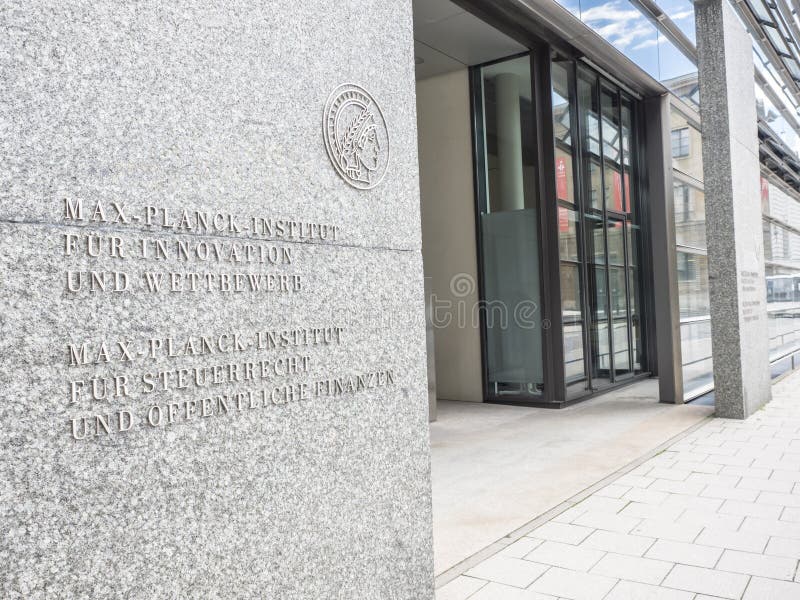German Physicists

Max Planck
Max Karl Ernst Ludwig Planck (1858–1947) was a German theoretical physicist whose quantum hypothesis (1900) resolved the black-body radiation problem and inaugurated quantum theory. He held leading academic posts in Berlin, presided over the Kaiser Wilhelm Society, received the 1918 Nobel Prize in Physics, and is commemorated by the Max Planck Society, founded in 1948.
Werner Heisenberg
Werner Karl Heisenberg (1901–1976) was a German theoretical physicist who pioneered matrix mechanics and formulated the uncertainty principle, foundational to quantum mechanics. He received the 1932 Nobel Prize in Physics and later led Germany’s wartime uranium research before directing the Max Planck Institute for Physics and helping shape European postwar science.